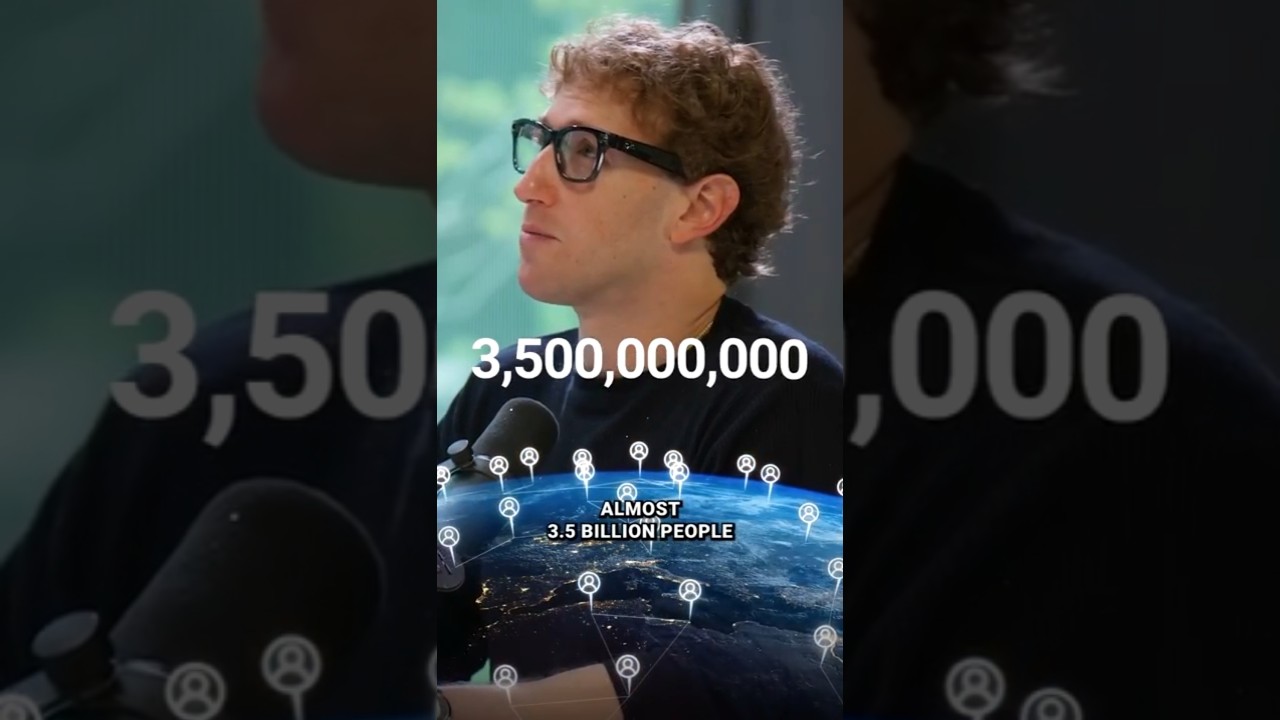Mark Zuckerberg explains that AI is unlikely to replace jobs entirely but will transform them by automating routine tasks, such as customer support, allowing companies to expand services and hire more staff. He emphasizes that AI will augment human work, creating new opportunities and increasing efficiency rather than causing widespread job loss.
In the video, Mark Zuckerberg discusses how AI technology is unlikely to replace jobs entirely, but rather transform them. He highlights the example of customer support for Facebook’s services, which serves nearly three and a half billion users daily. Providing effective customer support at such a scale presents significant challenges, especially when considering traditional methods like voice support, which would require an enormous call center infrastructure.
Zuckerberg explains that advancements in AI are making it possible to handle a large portion of customer support interactions automatically. He compares this to self-driving cars, which can manage various terrains but are not yet fully autonomous in all situations. Similarly, AI can manage around 90% of customer issues, with human support only needed for the more complex cases that AI cannot resolve.
He emphasizes that automating a significant portion of support tasks doesn’t mean jobs will disappear. Instead, it can lead to a reduction in costs and an increase in efficiency, making it feasible to expand customer support services. This could result in hiring more support staff overall, as the AI handles routine inquiries, freeing up human agents to focus on more complex or nuanced issues.
Zuckerberg challenges the common belief that AI and automation will inevitably eliminate jobs. He points out that historically, technological advancements that automate tasks tend to create new opportunities and increase the demand for human labor. When technology reduces the workload for certain tasks, it often enables companies to expand services and hire more people rather than fewer.
Overall, Zuckerberg presents a optimistic view of AI’s impact on employment, suggesting that rather than replacing jobs, AI can augment human work and lead to job growth in new areas. He advocates for embracing AI as a tool that enhances productivity and service quality, ultimately benefiting both companies and employees.
